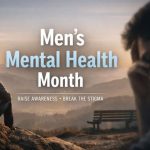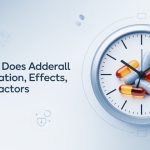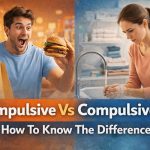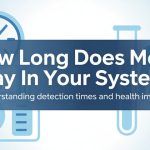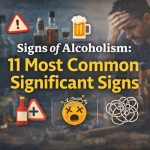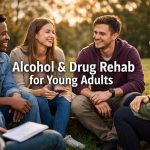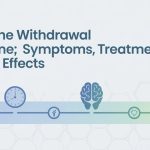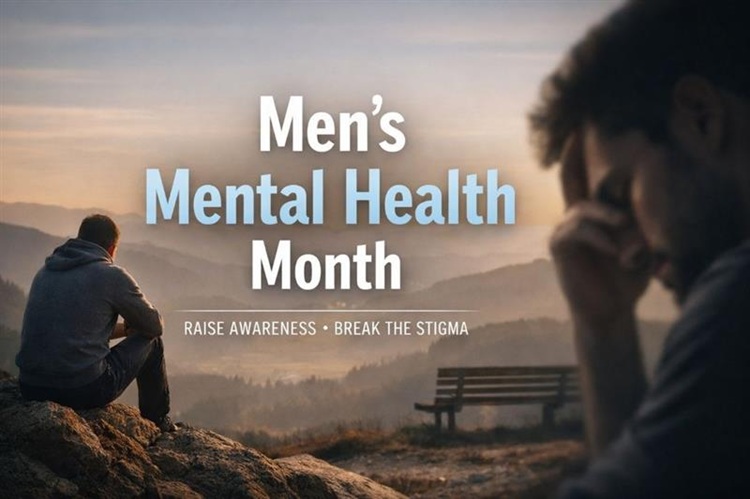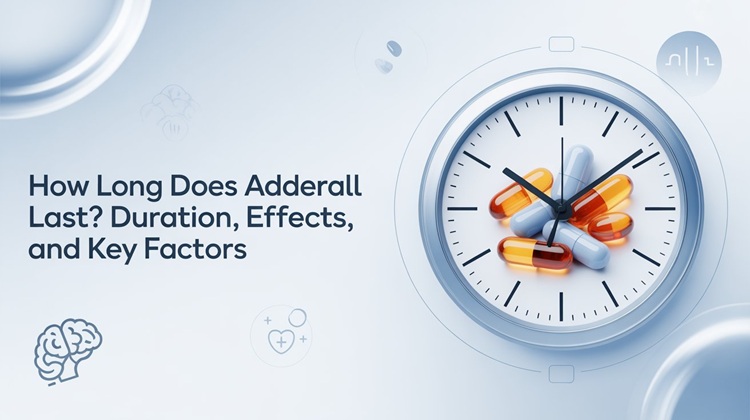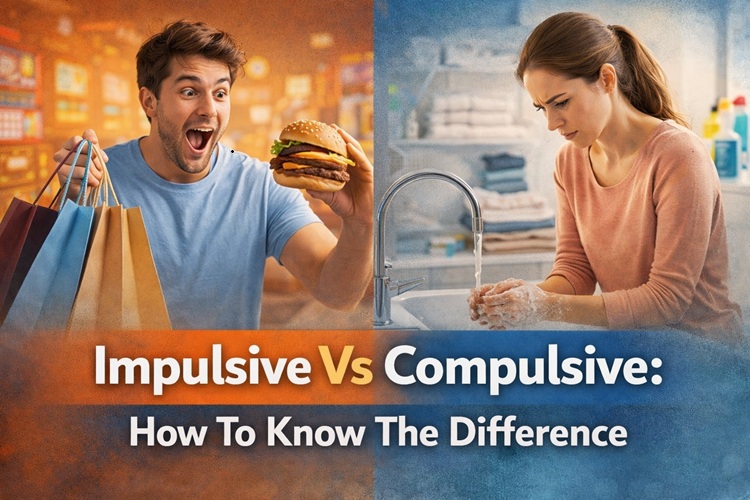Opioid addiction is one of the most serious public health issues in the United States today. This condition affects millions of people and their families, workplaces, and communities each year. Whether caused by prescription painkillers or illegal drugs like heroin, opioid addiction can quickly take control of a person’s life. Understanding what opioid addiction is, its symptoms, and available treatments is the first step toward healing.
What is Opioid Addiction?
Opioid addiction happens when someone develops a compulsive need to use opioids, even when they know it’s harming their health, relationships, or job. Opioids include prescription pain relievers like oxycodone, hydrocodone, and morphine, as well as illicit drugs like heroin. These substances work by binding to opioid receptors in the brain, reducing pain but also creating feelings of euphoria.
Over time, the brain can become dependent on opioids to function normally. This can lead to compulsive behavior disorder, where a person feels driven to seek out and use opioids despite negative consequences. This cycle is what makes opioid addiction so challenging to break.
Opioid Symptoms
Recognizing the signs of opioid use early can help prevent long-term harm. Common opioid symptoms include:
- Extreme drowsiness or nodding off
- Pinpoint pupils
- Slurred speech
- Slowed breathing or shallow breathing
- Confusion or mental fog
- Nausea or vomiting
- Changes in mood, such as irritability or anxiety
In addition to physical symptoms, someone with opioid addiction may display compulsive behavior disorders, such as lying, stealing, or neglecting responsibilities to obtain drugs.
100% Confidential Support is Available 24/7
No matter what you’re going through, you’re not alone. Our dedicated team is here to provide a safe, judgment-free space where you can talk openly and honestly. Whether you need emotional support, resources, or just someone to listen.
We’re here for you—completely confidential and always respectful of your privacy. Call us today!
Opioid Causes
There are many reasons why someone may develop opioid addiction. Some of the most common opioid causes include:
- Prescription painkiller use: Surgery or injury often exposes people to opioids for the first time.
- Genetics: A Family history of substance use disorders can increase the risk.
- Mental health conditions: Depression, anxiety, or trauma can make opioids appealing as a way to self-medicate.
- Environmental factors: Peer pressure, stress, and lack of support can play a major role.
Regardless of the cause, opioid addiction is not a moral failing. It is a chronic medical condition that requires compassionate treatment.
Contact Palm Coast Treatment Solutions
Battling with Drug and Alcohol Addition? Remember, you are not alone and we are here to help you!
Opioid Addiction Prevention
Preventing opioid addiction starts with education and awareness. Some key strategies include:
- Using medications as prescribed: Never take more than the recommended dose.
- Properly disposing of unused prescriptions: This reduces the chance of misuse.
- Seeking alternative pain treatments: Physical therapy, non-opioid pain relievers, and mindfulness techniques can be effective.
- Open conversations: Talking with family members about the risks of opioid use can reduce stigma and promote early help.
For people already showing signs of compulsive behavior disorder, early intervention can prevent full-blown addiction.
Overcome Addiction with Palm Coast Treatment Solutions.
Book an appointment.
Opioid Addiction Treatment Center
When opioid addiction has taken hold, professional help is often necessary. A dedicated opioid addiction treatment center offers a safe and structured environment where clients can detox, receive therapy, and rebuild their lives.
Treatment may include:
- Medical detox: To safely manage withdrawal symptoms.
- Individual therapy: To address underlying issues like trauma or mental health disorders.
- Group therapy: To build peer support and accountability.
- Medication-assisted treatment (MAT): To reduce cravings and stabilize brain chemistry.
- Aftercare planning: To prevent relapse and maintain recovery long-term.
At Palm Coast Treatment Solutions, we believe that every person struggling with opioid addiction deserves compassionate care tailored to their unique needs.
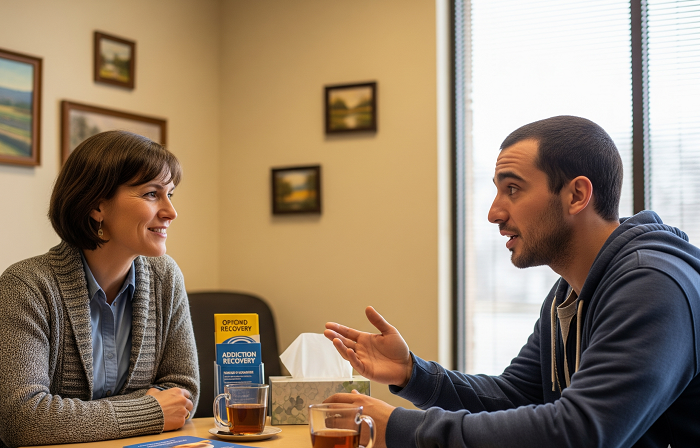
Take the First Step Toward Recovery
If you or someone you love is battling opioid addiction, now is the time to take action. Don’t wait for things to get worse. Our team at Palm Coast Treatment Solutions is here to guide you through every step of recovery with evidence-based treatments and supportive care. Call us today or fill out our confidential online form to get started on the path to healing.
Frequently Asked Questions About Opioids
How do opioid addicts behave?
People struggling with opioid addiction may withdraw from loved ones, neglect work or school, and engage in risky behaviors to obtain drugs. They may show mood swings, secrecy, or compulsive behavior disorder patterns like lying or stealing.
Why do people become addicted to opioids?
Opioid addiction can begin after legitimate medical use, but genetic, psychological, and environmental factors play a role. The euphoric effects of opioids can make people want to use them repeatedly, leading to dependence and addiction.
How long does it take for your brain to recover from opioids?
Brain recovery varies depending on the length and severity of opioid use. Some people may start to feel better in a few months, while others may take a year or more to regain normal brain function and emotional balance.
What drugs are considered opioids?
Opioids include prescription medications such as oxycodone, hydrocodone, codeine, and morphine, as well as illegal drugs like heroin and synthetic opioids like fentanyl.
What are the four most common signs of opioid abuse?
The most common signs include drowsiness, pinpoint pupils, slowed breathing, and compulsive behavior disorder such as seeking drugs despite negative consequences.






